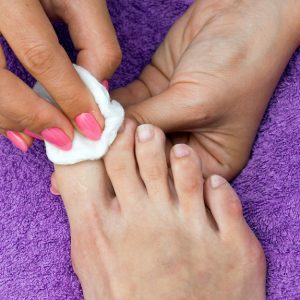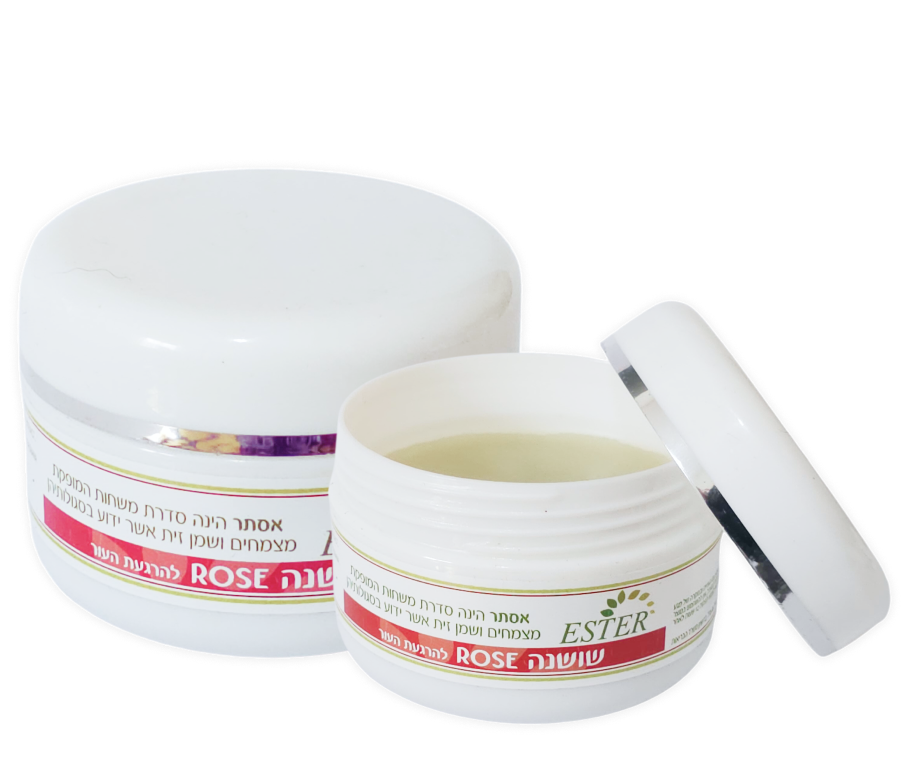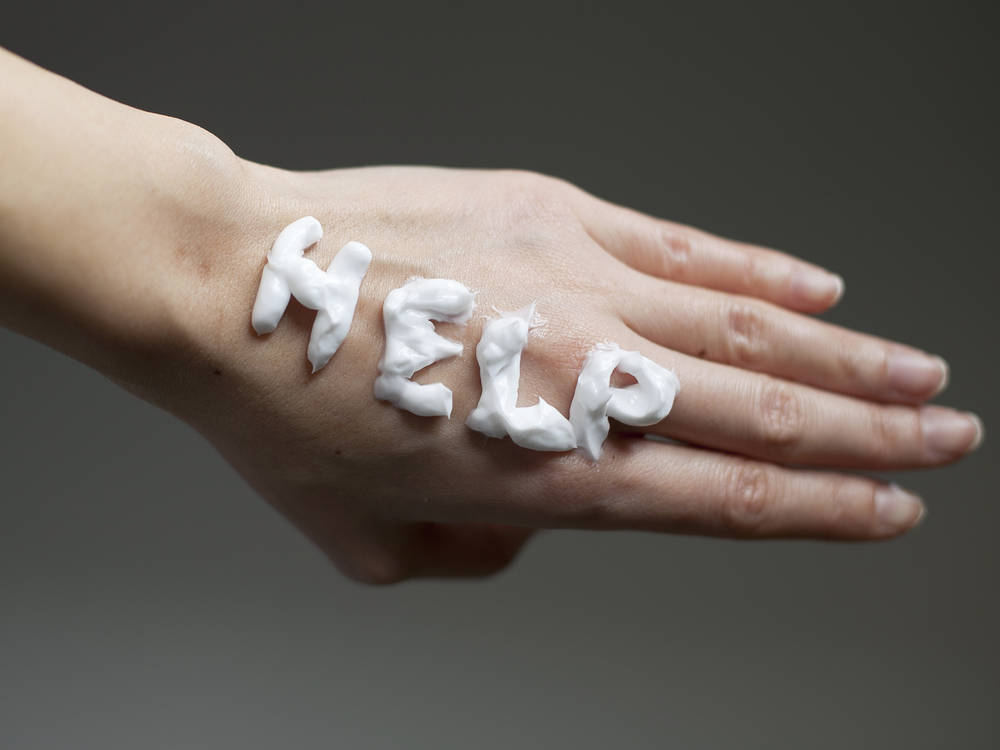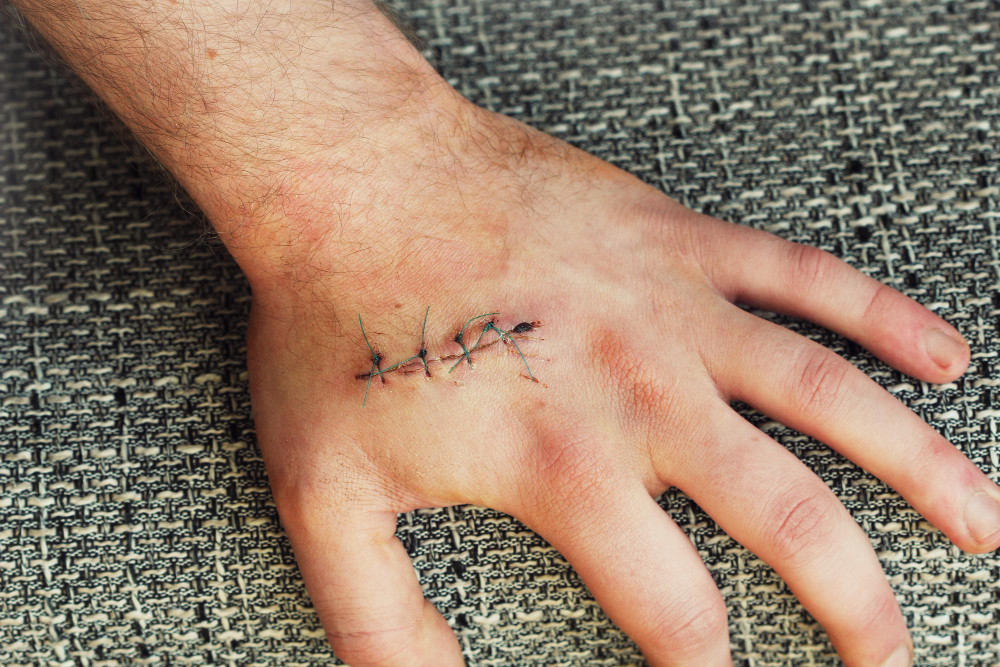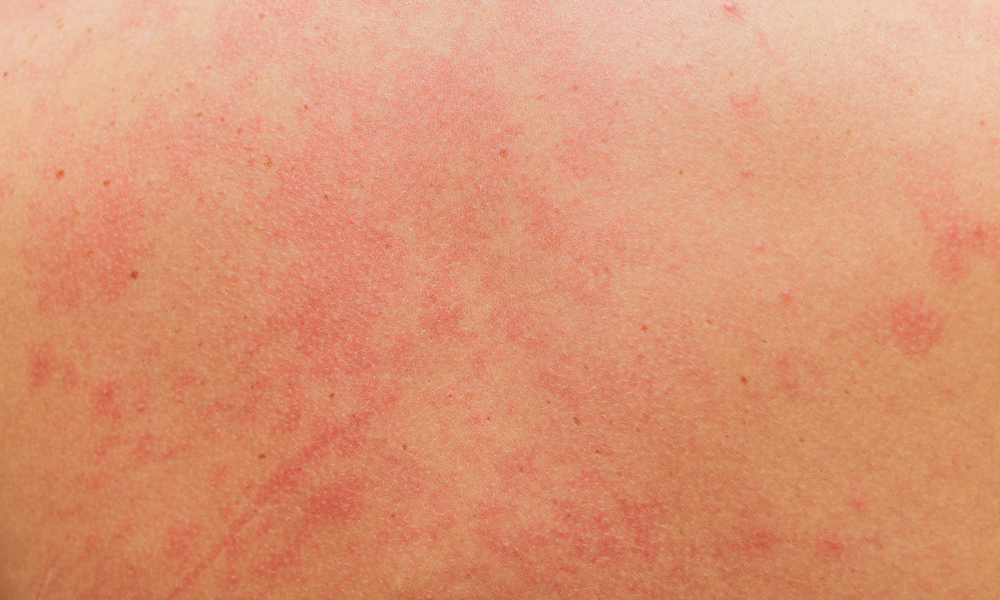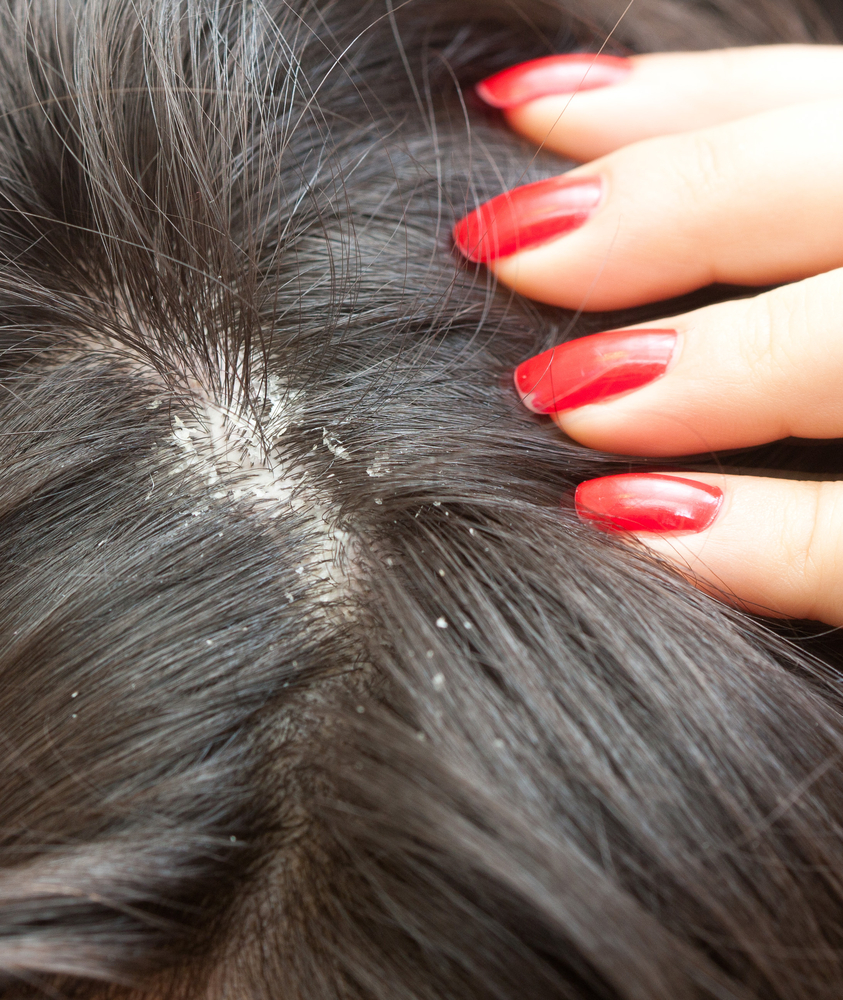Treatment for Nail Fungus
There are various options for treating nail fungus, and the appropriate treatment should be chosen based on the type of fungus and the severity of the condition. A topical antifungal cream may help improve the situation. There are several over-the-counter creams available that can be used without a prescription. However, it is important to check the effectiveness of the chosen cream and whether it is suitable for treating fungal infections. Self-treatment is not always sufficient, and in some cases, consulting a doctor and using a prescribed antifungal medication is necessary. Only a high-quality nail fungus cream with effective active ingredients will be helpful.
When consulting a doctor, the fungus will be examined and a lab culture test may be performed to identify the specific fungus and determine the right treatment. Topical treatments can be applied in different ways. One method involves applying a liquid directly to the nail daily. Another involves using medicated nail polish that contains active ingredients.
There is also the option of oral antifungal medication, which is taken over a period of time to eliminate the infection. Keep in mind that results are not immediate, as nails grow slowly, and it may take time to see improvement. However, consistency and adherence to treatment instructions are key to successful healing. It’s also important to note that before taking oral antifungal medication, liver function must be tested, and during the course of treatment, liver health should be monitored to ensure the medication isn’t causing harm.
Natural Treatment for Nail Fungus
There are also natural treatment options for nail fungus. Soaking the feet daily in a mixture of baking soda, tea extract, and apple cider vinegar may help combat the infection. It’s important that the solution reaches under the nail for best results.
The use of Rose Ointment can help treat nail fungus with daily care.
Examples

